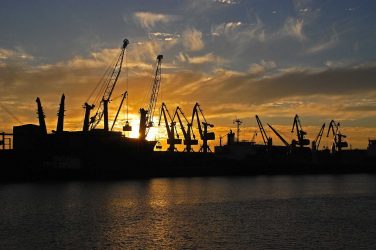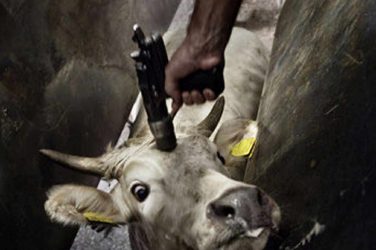 Brazilian acting minister of Planning, Development, and Management Dyogo Henrique indicated that public spending in Brazil is out of control and has taken a relentless growing trend.
Brazilian acting minister of Planning, Development, and Management Dyogo Henrique indicated that public spending in Brazil is out of control and has taken a relentless growing trend.
The minister pointed out that, despite the constitutional amendment bill setting a ceiling for growth in public spending, limiting it to the inflation rate from the previous year, the debt is likely to remain on the rise for a few years, as the adjustments to be made should not yield automatic results.
The minister is taking part in a public hearing held by the special committee on the new fiscal regime at the lower house. Since 1997, all presidents have left government expenditures at a level higher than the previous administration, he says.
Henrique highlighted that the discussion on the trajectory of the debt is key. The country, he argues, could be led to collapse scenarios like the one faced by Greece, whose debt was unsustainable.

- Brazilian industry
“We’re facing a severe crisis in the states, one that creeps up to the federal government. The federal budget is fossilized, with obligatory expenditures. We have to implement not just this amendment bill, but also other reforms,” he declared.
In line with the arguments of Finance minister Henrique Meirelles, Dyogo Henrique noted that “to increase the tax load” is not a sustainable answer “if we want to show society that the State is capable of managing our expenditures. We don’t decide on what how much money we make, but we do decide on how much money we spend,” he remarked.
Earlier on, during the same hearing, Meirelles told congress members that the government cannot solve the deficit and debt problems solely by raising taxes. In his view, Brazil’s tax load reached exceedingly high levels in the past few years, and is now regarded among the biggest in the world.
Red Tape
The federal government unveiled a series of measures designed to reduce paperwork in agribusiness through an initiative dubbed Plano Agro +, devised by the Ministry of Agriculture. The announcement was made on Wednesday, August 24.
Among the efforts is the simplification of inspections at ports as well as the rules for labeling products of animal origin and for phytosanitary certification.
According to interim president Michel Temer, other ministries are to follow the example set by the Ministry of Agriculture, in a bid to cut red tape in the productive sector. Temer said he has long considered creating a government agency dedicated to debureaucratization.
He said, nonetheless, he had another idea: to have each minister assess the area controlled by its ministry and bring forward paperwork-reducing actions. “This would avoid the costs necessary in the creation of a new agency,” Temer said.
“Ever since I took office as acting president, I have said that the current administration would remove funds from inefficiency and invest in efficiency. We want to stimulate, not further hinder development,” Brazil’s interim head of state declared.
Efficiency
Outlined in the Plano Agro +, the abolition of the second inspection of ports and cargoes previously scrutinized by the Federal Inspection Service (SIF) is expected to boost efficiency and spare a yearly US$ 310 million — 0.2% of the US$ 154.4 billion raised in revenues every year by the national agribusiness.
After deliberating on 315 requests made by the productive sector, officials from the ministry drafted 69 measures to be carried out as part of the first stage of Agro +. The move is an attempt to heed the demands of 88 Brazilian agribusiness associations.
“In all environments I’ve been to I have examples that show how the State takes long to take its measures. We have the potential of becoming market leaders. Our bureaucracy, however, is massive,” said Agriculture, Livestock and Supplies minister Blairo Maggi.
“We’re engaged. I want to be the world’s biggest grain producer—I, Brazil,” added the minister, who is one of the country’s largest soybean producer.
In the view of José Mario Schreiner, vice-president of the National Agriculture Confederation (CNA), the actions will have an immediate impact on production chains, since, under the current norms, the State tends to “transform the act of registering a product into a veritable steeplechase.”
Debt Delinquency
Almost half (46%) of debt delinquency cannot be paid off in the next three months, according to the Brazil’s Debtors Profile, released August 24.
The survey conducted by Brazil’s SPC credit reporting agency and the National Retailers’ Confederation (CNDL) also showed that the loss of employment is the main reason for delaying payment, equivalent to 28.2% of costumers.
Decrease in income is cited as a reason for 14.8% costumers, and the lack of financial control for 9.6%. In average, debts mount to $ 1,092.
According to the survey, 61.2% of respondents consider that their personal financial situation has worsened compared with last year.
Among those who requested bank or personal financial loans, 89.6% are in debt. Of those who purchased under installment plan, 83.6% are in debt, and of those who have got into credit card debts, 74.9%.
ABr











